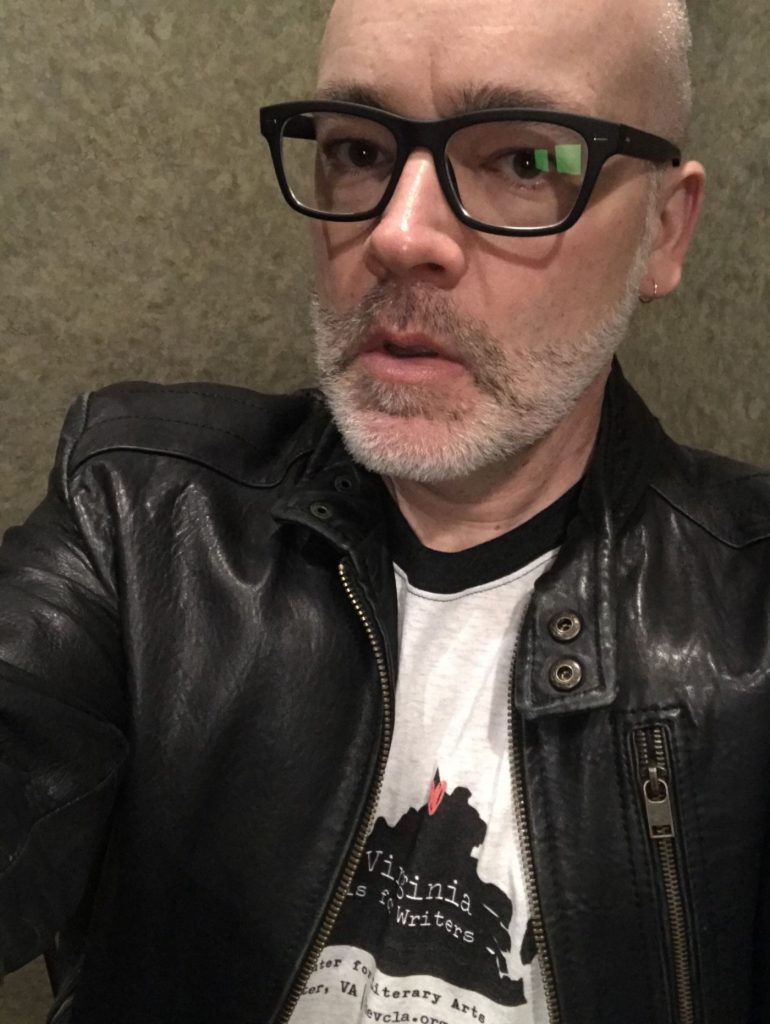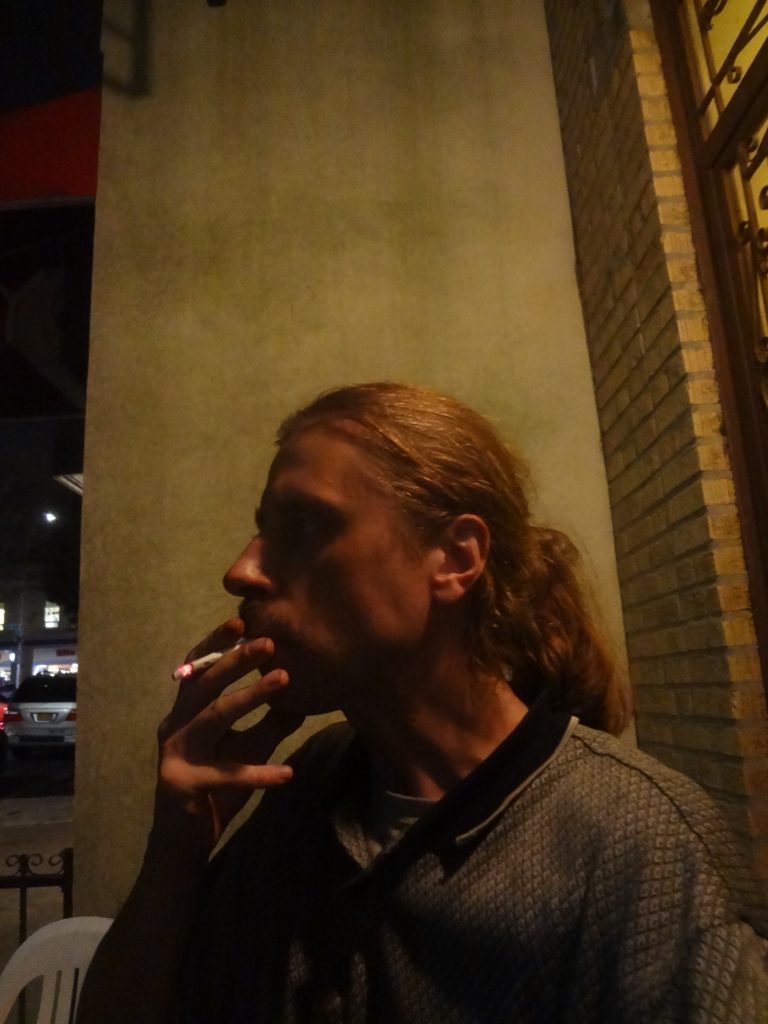
This is the season when small children write cryptic notes to a white bearded stranger in the North Pole, and dream of lighted Christmas trees with bundles of colourful packages underneath: When the elderly dream of past Christmas dinners packed with relatives and children, and those long past times when the air was pure, and masks were only worn during Halloween.
This is the season when a mystical atmosphere seems to form out of a sense of wonder and want, and a tiny baby in a stable becomes real again: It is a special time when we attend church in the late night to celebrate the coming of a baby who will become a beacon of hope and light.
This is the season when a magical atmosphere develops bringing a sense of peace, and wonder to our hectic lives: When we actually wonder if enemies are really enemies, and if there may be a Saint Nick, that brings happiness into the lives of children.
This is the season when tree leaves fly about like young lads and lassies in their bloom: A time when we welcome the blue moisture of rain, and the whiteness of snow upon the earth to tell us all things can change.
This is the season when husbands and wives fall in love all over again, and the future appears brighter: When families get together in gratitude and love, sharing hugs and smiles.
This is the season we yearn for all year long to do all those wonderful things we should be doing all year long: It is a time when we see each other in a different light, and candles in windows reflect the wisdom of our dreams.
(First published in California Quarterly).
James Piatt is a Best of Web nominee and three time Pushcart nominee. He earned his doctorate from BYU, and his BS, and MA from California State Polytechnic University, SLO. He has had four collections of poetry; ‘Solace Between the Lines’, ‘Light’, ‘Ancient Rhythms’, and ‘The Silent Pond’, over 1,550 poems. 35 short stories and five novels, ‘The Ideal Society,’ ‘The Monk,’ ‘The Nostradamus Conspiracy’, ‘Archibald McDougle PI’, and ‘The Carmel Mystery’, published worldwide in over 225 different publications. He writes poetry to maintain his sanity with hopes to succeed someday.










